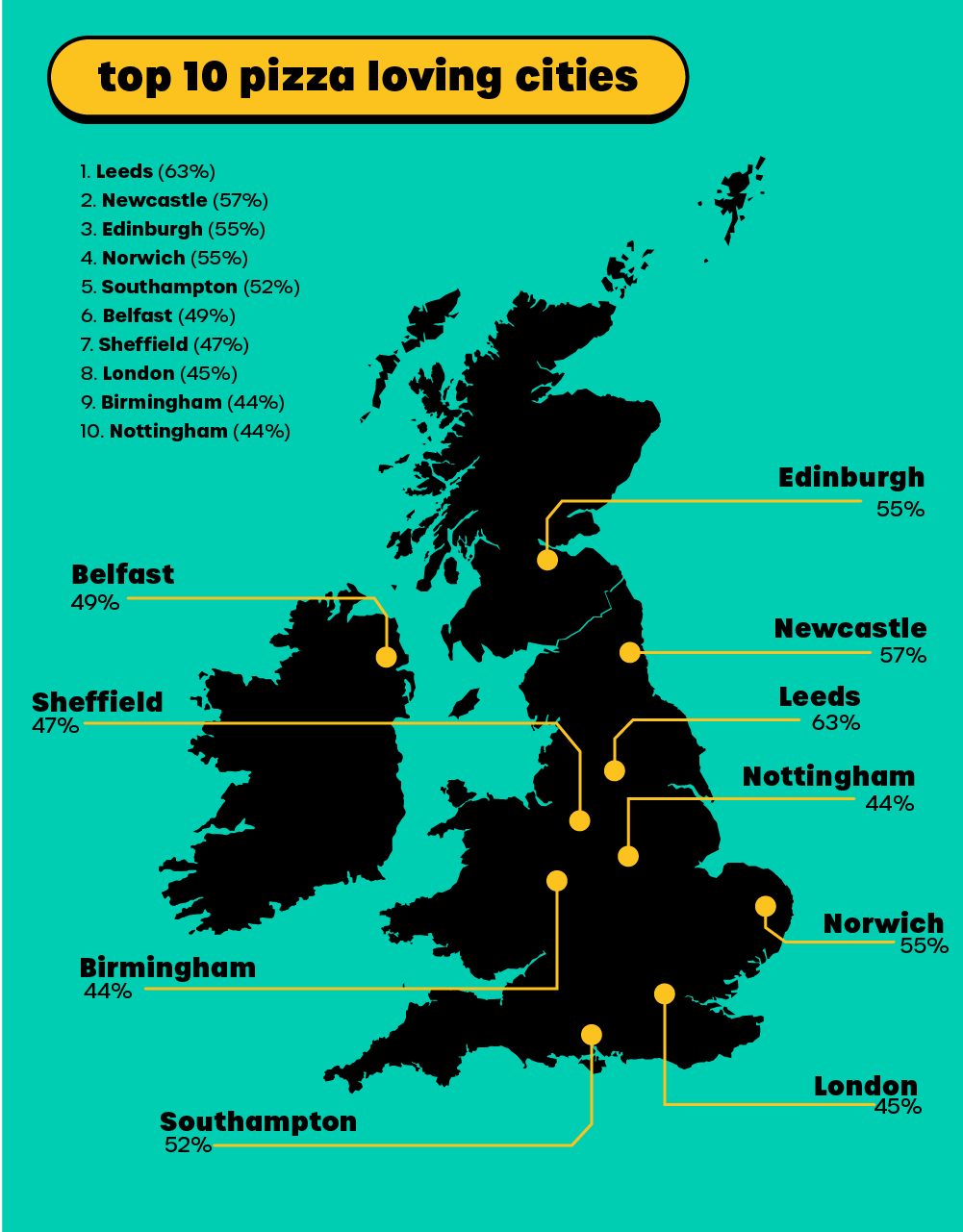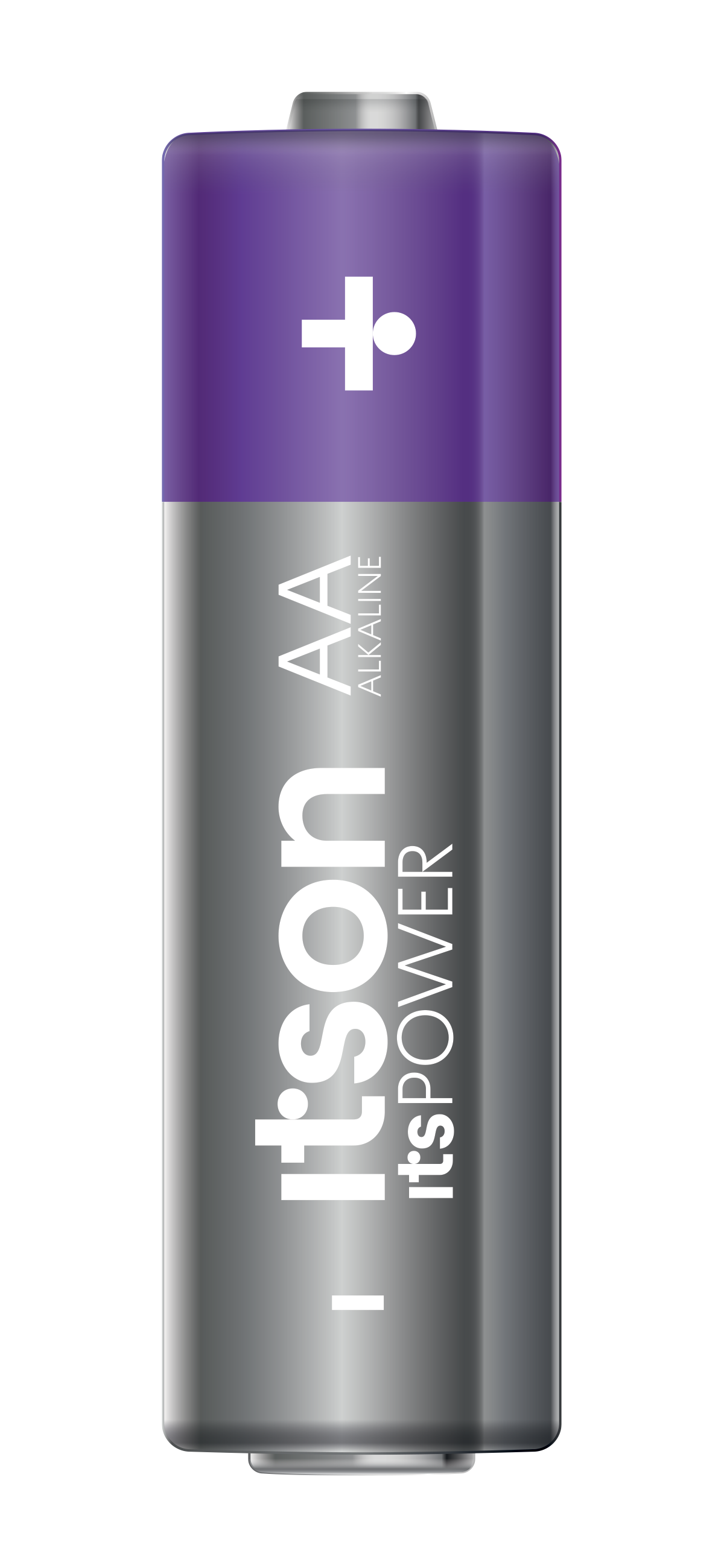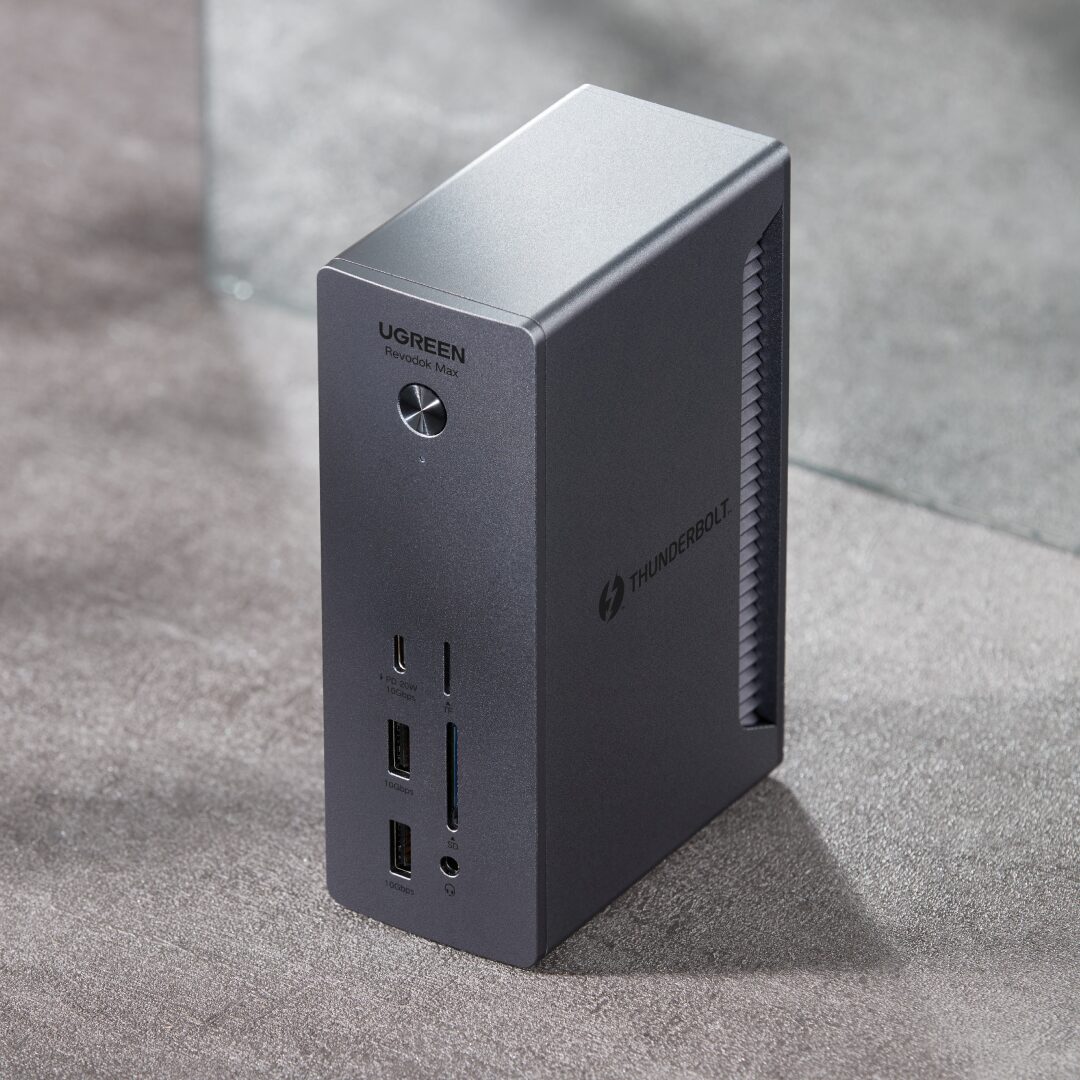When it comes to building a successful online presence, search engine optimization (SEO) plays a vital role. For WordPress site owners, optimizing their websites for search engines is crucial for attracting organic traffic and improving visibility. In this article, we will explore ten essential tips for optimizing your WordPress site for SEO, helping you achieve higher rankings and increased organic traffic.
- Choose an SEO-Friendly WordPress Theme: Selecting an SEO-friendly theme is the first step in optimizing your WordPress site for search engines. Look for themes that are lightweight, well-coded, and mobile-responsive. These features contribute to better user experience and improved search engine visibility.
- Optimize Your Permalink Structure: The permalink structure determines the format of your URL. Configure your WordPress permalink settings to create descriptive and SEO-friendly URLs. Use relevant keywords in the URL structure to provide search engines with valuable information about your content.
- Perform Keyword Research: Keyword research is essential for understanding the terms and phrases your target audience is searching for. Utilize keyword research tools to identify high-value keywords related to your content. Incorporate these keywords naturally into your website’s content, headings, titles, and meta descriptions.
- Create High-Quality and Engaging Content: Compelling and valuable content is at the core of successful SEO. Focus on creating well-written, informative, and engaging content that resonates with your audience. Use relevant keywords strategically within your content while maintaining a natural flow.
- Optimize Your Page Titles and Headings: Page titles and headings are crucial for both user experience and SEO. Craft attention-grabbing and keyword-rich titles that accurately represent your content. Structure your headings using H1, H2, H3 tags to help search engines understand the hierarchy and relevance of your content.
- Optimize Your Images: Images can significantly impact your website’s loading speed, user experience, and SEO. Compress and optimize images to reduce file size without compromising quality. Add descriptive alt tags and filenames to help search engines understand the context and relevance of your images.
- Improve Website Speed and Performance: Website speed is a critical factor in SEO rankings and user experience. Optimize your WordPress site’s performance by caching, minifying CSS and JavaScript files, and reducing server response time. Consider using a content delivery network (CDN) to deliver your site’s content more efficiently.
- Ensure Mobile Responsiveness: With the increasing number of mobile users, having a mobile-responsive website is essential for SEO. Choose a responsive WordPress theme and test your site’s mobile-friendliness using Google’s Mobile-Friendly Test tool. Optimize your site’s design and layout for seamless viewing across different devices.
- Optimize Meta Tags: Meta tags, including meta titles and meta descriptions, provide concise information about your web pages to search engines. Craft compelling meta tags that include relevant keywords and accurately summarize the content of your pages. This helps search engines display your pages in search results and improves click-through rates.
- Utilize SEO Plugins: WordPress offers a range of SEO plugins that can simplify the optimization process. Plugins like Yoast SEO and All in One SEO Pack provide features like XML sitemap generation, meta tag management, and content analysis. Install and configure an SEO plugin to streamline your optimization efforts.
Optimizing your WordPress site for SEO is a continuous process that requires attention to detail and ongoing effort. By implementing these ten tips, you can enhance your website’s visibility, attract more organic traffic, and improve your search engine rankings. Remember, SEO success takes time, so be patient and monitor your site’s performance regularly to make necessary adjustments. Start implementing these strategies today and watch your WordPress site climb the search engine ladder.





















